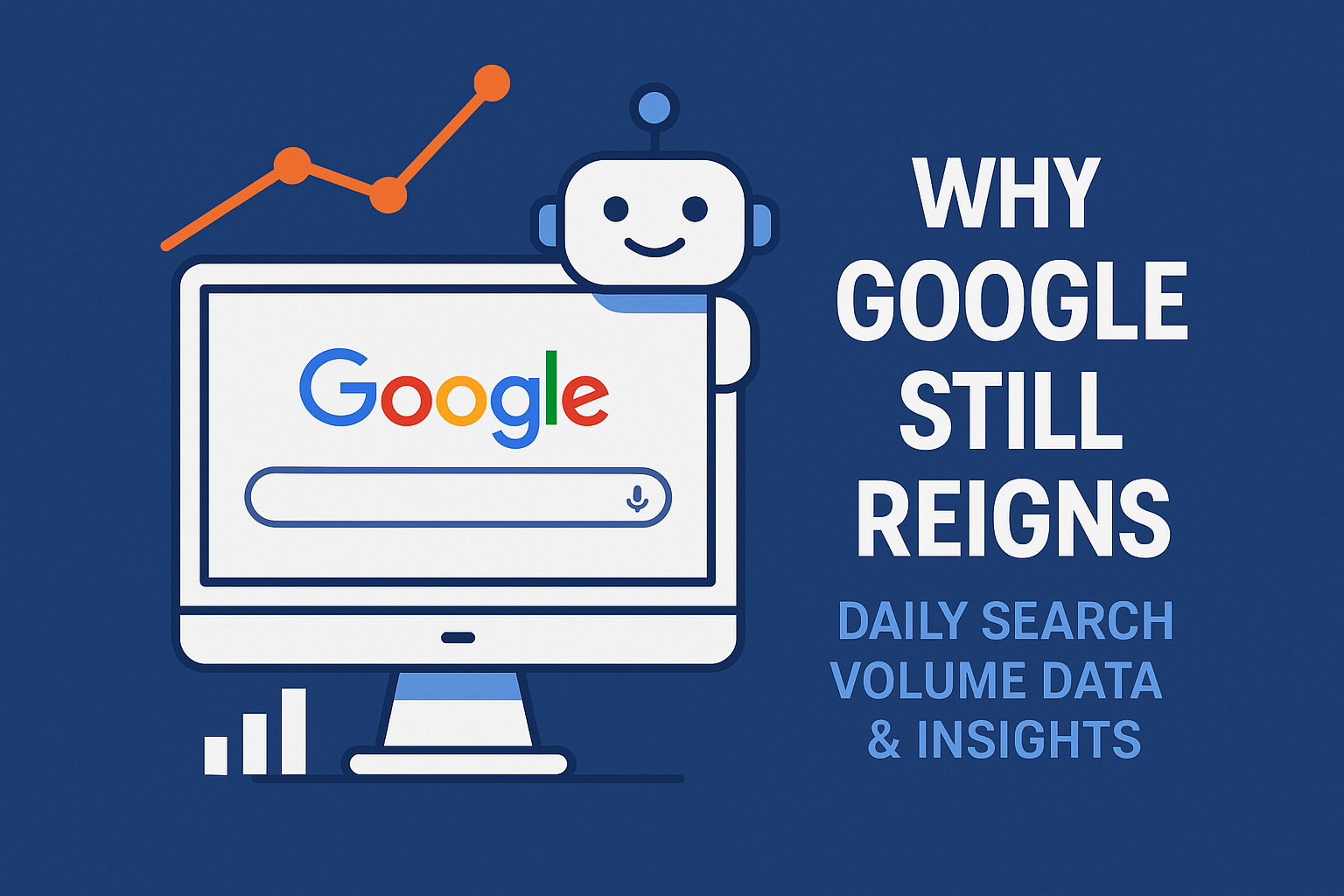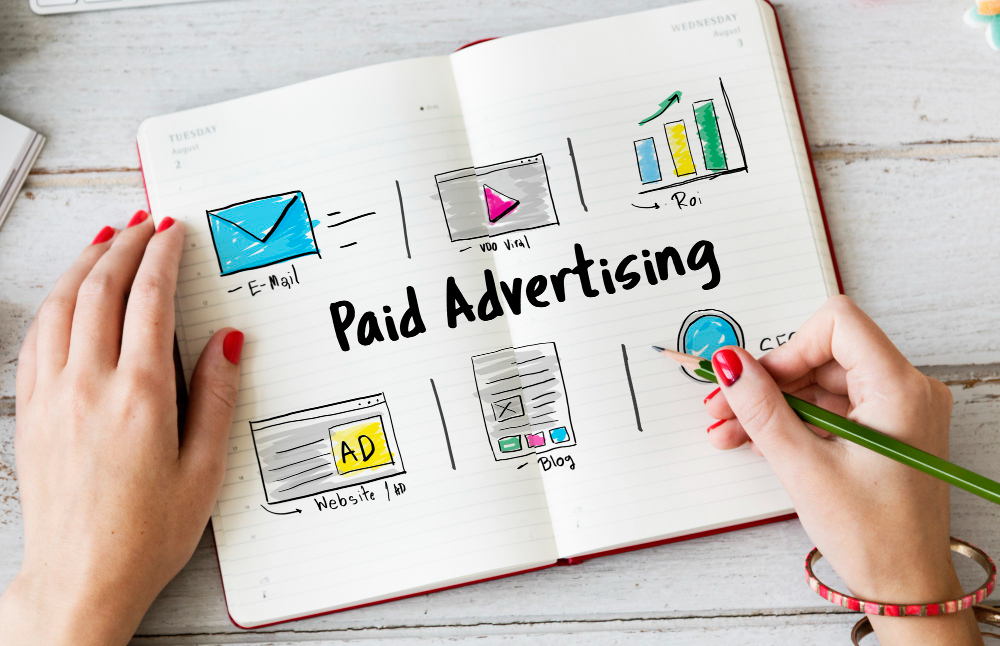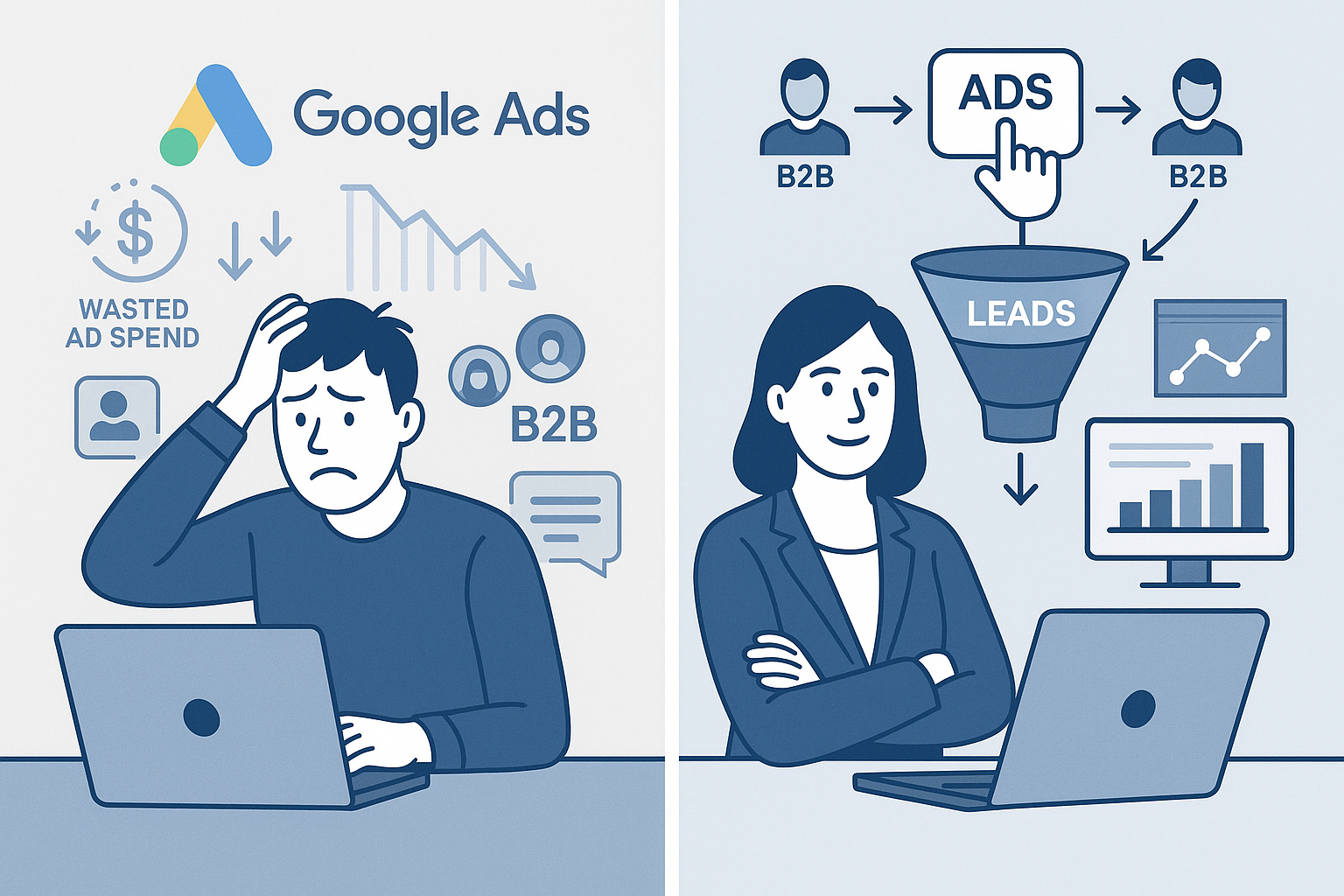AI chatbots have exploded in popularity – ChatGPT famously hit 100 million users within two months of launch – fueling a narrative that generative AI might “replace Google.” For busy CEOs and CMOs, this raises the question: is traditional search marketing on the chopping block?
The hype is real, but the data tells a different story. In fact, analysts find that AI chatbots (including ChatGPT and others) combined account for only about 3% of search traffic.
In short, Google isn’t going anywhere anytime soon. The real answer is: yes, AI is growing fast, but no, it hasn’t dethroned Google yet. Understanding the latest query volumes is key to allocating your SEO and ad budgets wisely.
Data Breakdown – Query Volumes by Platform
The raw numbers make it clear. Recent research shows Google Search processes on the order of 11–14 billion queries per day – roughly 90–95% of the global total.
In contrast, Microsoft’s Bing/Copilot is next at only about 613.5 million searches/day (around 4% share), while ChatGPT (OpenAI’s chatbot used for information-seeking) handles roughly 37.5 million search-like prompts per day (about 0.3%) and Perplexity about 20 million (≈0.2%). The table below summarizes these figures:
| Platform (Daily Queries) | Approximate Volume |
|---|---|
| Google Search | ~11.25 billion |
| Bing + Copilot | ~613.5 million |
| ChatGPT (OpenAI) | ~37.5 million |
| Perplexity (AI search) | ~20 million |
Even a bird’s-eye view – a market-share pie chart – makes the gap obvious. Chart: Share of daily query volume by search platform. Google dominates with ~90+% of queries (SparkToro data). Google’s slice is enormous – roughly 90–95% of all queries – while Bing is a tiny sliver (~4%) and AI tools combined are fractions of a percent. In other words, Google still dwarfs every challenger. This means any strategy that ignores Google’s ~10–14 billion daily queries is premature.
What This Means for Marketing Leaders
For CMOs and CEOs deciding where to spend marketing dollars, the message is clear: stay focused on Google.
With Google handling hundreds of times more queries than any AI tool, investments in Google Ads and SEO still offer by far the biggest reach.
As one SEO strategist put it, “your investment would see a larger return if you optimize content for Bing.com than for ChatGPT” – and Bing itself is tiny compared to Google.
In practical terms: allocate the lion’s share of your paid search budget to Google Ads and keep optimizing your site for Google SEO. Bing (Microsoft Ads) and other engines can be tested for niche audiences, but remember Bing’s ~4% share is still much larger than ChatGPT’s <1% share.
- Keep Google First. Google’s vast query volume means it still drives most website traffic. Continue to refine your Google SEO and SEM (ad) campaigns. The data show Google’s share is actually gaining, not shrinking, so doubling down on Google makes sense in the near term.
- Don’t Chase AI Traffic—Yet. ChatGPT and Perplexity are cool new channels, but their audiences are tiny right now. Only a small fraction of people use AI bots for answers (less than 1% of Google’s volume). Allocating major budget to “AI SEO” or ChatGPT ads today would likely underdeliver. Focus first on where the customers are – overwhelmingly on Google’s search pages.
- Mind Bing (Carefully). Bing/Copilot gets about 613M queries/day – a rounding error to Google, but still far larger than ChatGPT. For some B2B markets (certain enterprise or govt verticals), Bing’s share can be higher. Consider a modest Bing Ads budget or awareness efforts, but prioritize it after Google.
- Experiment Strategically. It’s wise to pilot emerging channels on a small scale. For example, track whether prospects start using ChatGPT/Perplexity for your key queries, or whether Google’s new AI Overviews show your brand. But keep expectations grounded by the numbers: these channels account for only a sliver of search traffic today.
In short: “traditional” search isn’t dead. Google still “receives 373× more searches than ChatGPT”. For now, steer most SEO and ad spend toward Google (and defensively to Bing), while monitoring AI trends.
How to Future-Proof Your Search Strategy
Even as you focus on Google, it pays to prepare for the AI-driven future. Here are actionable tips to stay visible across both classic search and AI channels:
- Optimize Core SEO for Quality and Depth. Google’s algorithms and AI overviews reward high-quality, authoritative content. Continue creating deep, well-researched pages that answer real user questions. One expert advises targeting long-tail, question-based queries and “high-quality, authoritative” content. This ensures you rank for niche Google queries and become a credible source that AI summaries might cite.
- Use Structured Data (Schema). Many AI crawlers (Bing’s Copilot, ChatGPT, Perplexity, etc.) don’t execute JavaScript and may rely on markup to understand pages. Embedding schema.org structured data makes your content machine-readable, helping any AI (and Google) parse it. As one SEO guide notes, adding server-side structured data “would benefit all the search engine crawlers that are not Google” (including ChatGPT). In practice, implement schema for FAQs, products, articles, etc., so that when generative engines “see” your page, they get the right signals.
- Think “AI SEO.” Begin adapting content formats for AI. For example, publish FAQ sections, tutorials, or bullet lists that directly answer common questions. These formats work well for Google’s featured snippets and for AI prompts. Consider creating concise answer snippets or knowledge graph content that generative engines can surface. The key is to make your information referenceable by an AI.
- Diversify Content Formats. Video, infographics, and interactive tools are areas that current AI text summarizers can’t fully replicate. Brands should expand beyond text to capture attention. Google (and users) reward rich multimedia, and AI viewers (e.g. Perplexity’s upcoming browser) may surface those assets differently.
- Monitor AI Channel Metrics. Keep an eye on new search products. For example, Google’s AI Overviews and Search Generative Experience (SGE) may change click behavior, and Microsoft/Perplexity may roll out ad options. When advertising on AI platforms becomes possible, be ready to test. In the meantime, watch metrics like “direct traffic from ChatGPT referrals” or brand searches on AI chatbots to gauge early interest.
- Train Your Team on GEO. Educate your SEO/marketing team about Generative Engine Optimization (GEO) – optimizing for AI bots. This might include training on how your brand appears in AI answers, testing prompts with your site’s content, and updating content to cover AI-friendly angles.
The fundamentals remain: keep creating value. Whether through Google or a chatbot, high-quality, unique content wins. The recent advice from SEO experts is consistent: good content, strategic keywords, and solid SEO practices still matter – perhaps more so as AI filters information.
Conclusion
In summary, current data clearly show that Google Search is still the dominant gateway to customers, even as AI tools surge in popularity.
Google processes on the order of tens of billions of queries per day (over 5 trillion per year), compared to mere tens of millions on ChatGPT or Perplexity.
For B2B marketing leaders, the implication is simple: don’t abandon Google. Maintain or even increase efforts on Google Search and Ads – this is where the vast majority of buyers are looking today.
At the same time, stay curious and agile about AI. Track the emerging AI search channels, experiment judiciously (small test budgets, SEO for AI formats), and enrich your site for both humans and machines.
AI will reshape search over time, but for now Google is still the most efficient place to reach audiences.
By balancing proven tactics (SEO/PPC on Google) with smart experimentation (AI-driven discovery), marketers can “future-proof” their strategies.
The key takeaway: AI is an important emerging opportunity, not a current replacement for Google. Google remains critical today – and likely for the foreseeable future – even as we prepare for new search frontiers.
Sources
ChatGPT sets record for fastest-growing user base – analyst note | Reuters
AI Chatbots vs Search Engines: Who is Winning the Traffic War? – Voronoi
5 Questions about AI’s SEO Impact & Their Evolving Answers | Oomph, Inc
Number of ChatGPT Users (June 2025)
From Googling to Plexing: Perplexity serves 20 million queries in a single day


